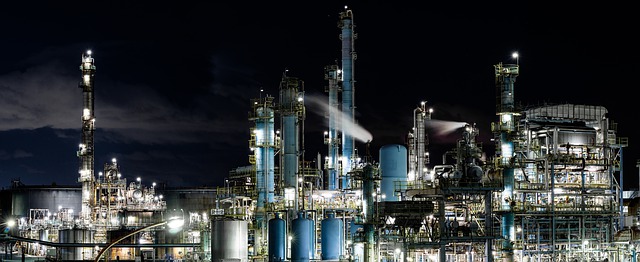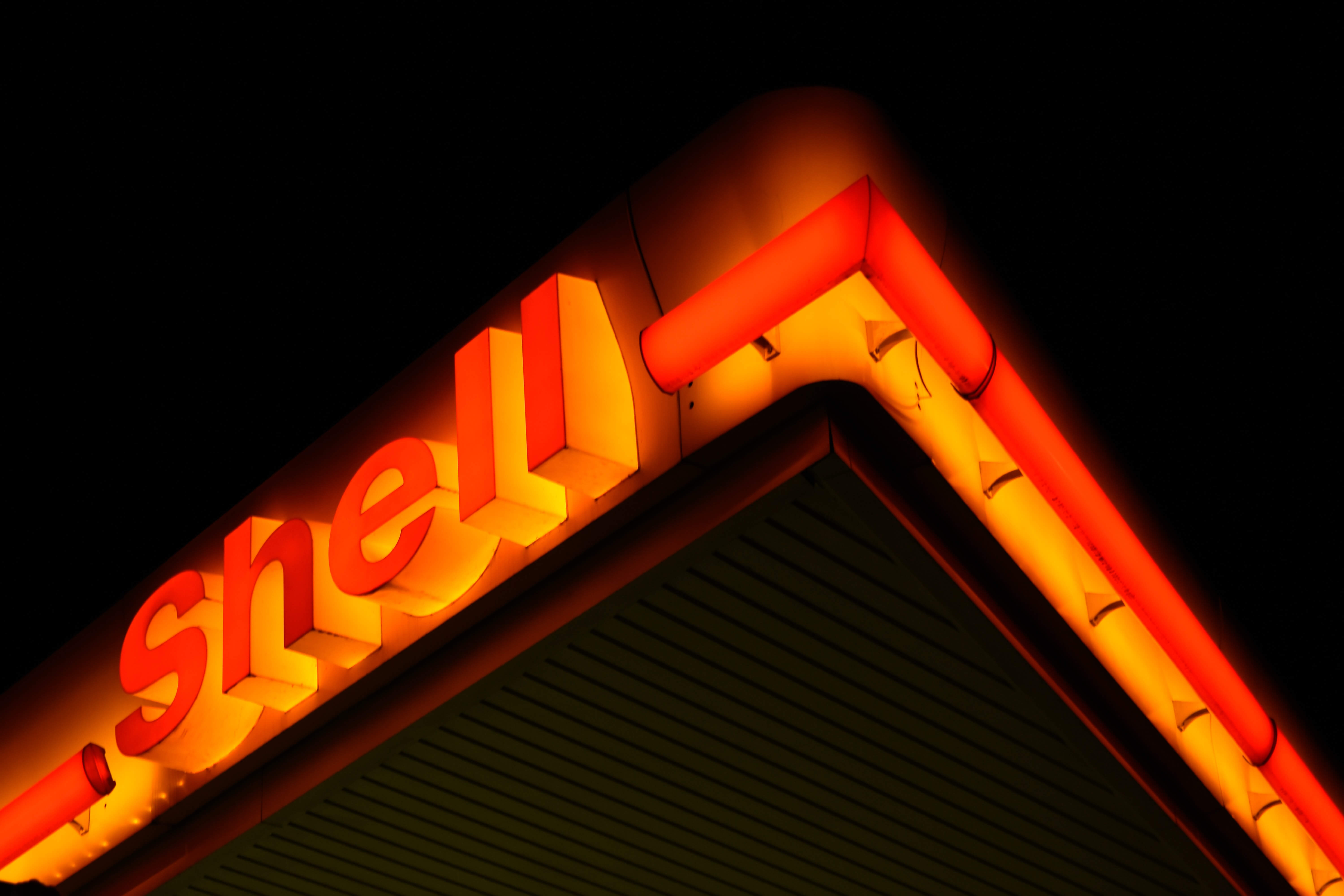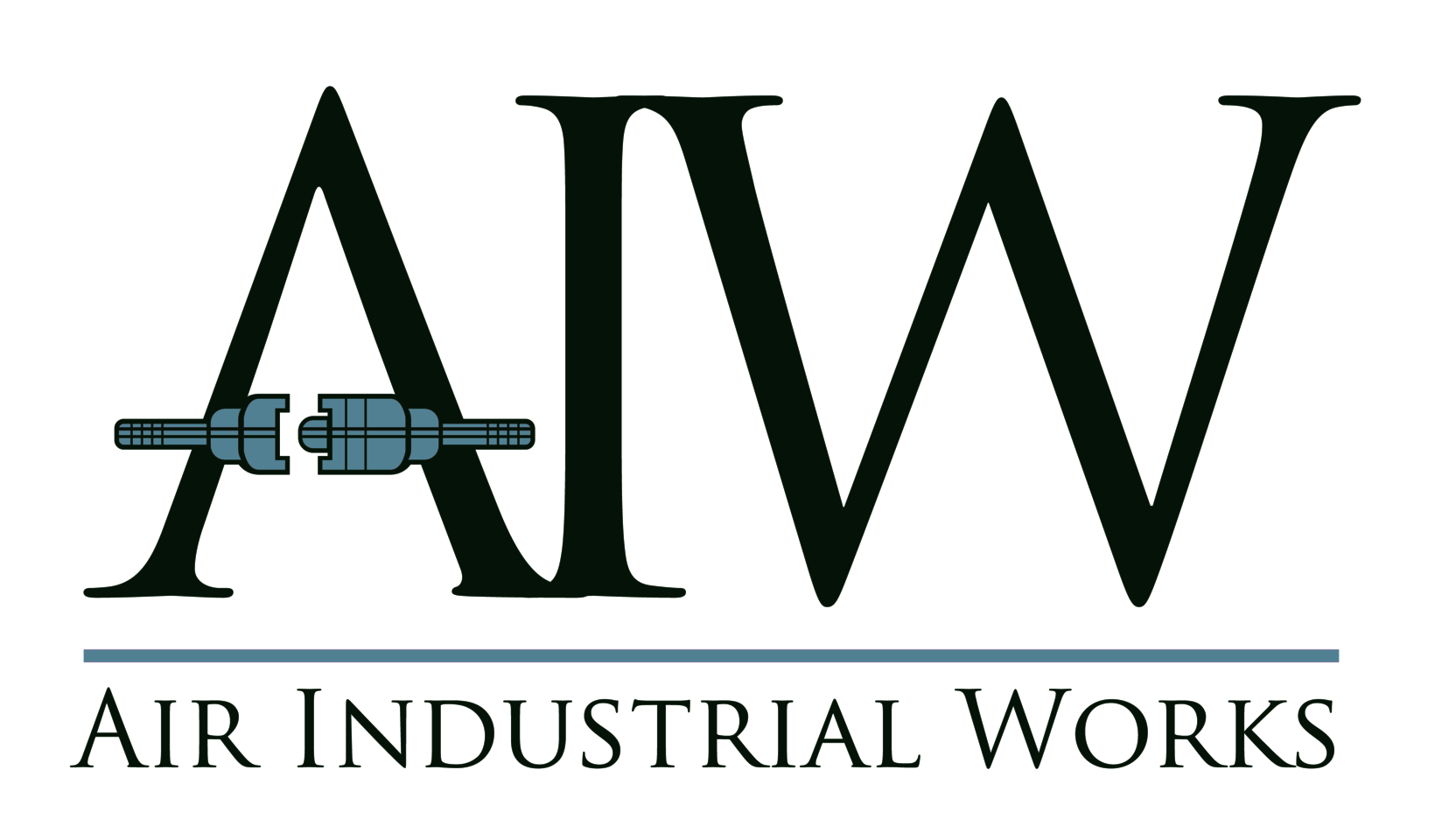Shell Oil Company - The Giant of the Oil and Gas Industry
Posted by AIW on Jan 19th 2022
Shell Oil Company: The Customer Centric Giant of Oil and Gas Industry
Shell Oil Company – headquartered in the U.S. comes under the Royal Dutch Shell. It has Anglo-Dutch roots and ranks among the biggest oil firms all over the world. The company employs around 80,000 people in the United States. Shell provides a number of petroleum products including oil, natural gas, gasoline, and petrochemical products worldwide. Shell Retail is the world's leading mobility retailer, servicing almost 30 million customers per day and completing 11 billion transactions yearly throughout a network of more than 44,000 Shell stations in more than 75 countries worldwide. The ability to scale, having a recognized brand, and providing distinctive goods and services are considered essential for the company's success.
Brand and Retail Busines of Shell Oil
Shell brand is the number one choice in 50 countries out of 64 nations as studied by Ipsos & Kantar T.N.S. [A], and more than one in every five consumers globally prefers the Shell brand if given the option between two competing brands. On top of that, Shell Retail has a variety of different operating stations. Depending on the geographical location, the company picks the appropriate model to optimize distribution and does this via various unique factors. On top of that, the company uses high-tech equipment like double diaphragm pumps in the relevant facilities. Moreover, Shell has approximately 25 thousand stations only in the U.S. It is worth noting that the company’ outlets and stations are located in all the 50 states. This is one apparent reason why it ranks among the best and serves worldwide.
Moreover, Shell provides many products and services, including oil and gas exploration, production, and refinement, as well as automotive services. California Shell Oil Refinery is the first refinery that was established in the U.S. This refinery was named The Martinez which supplies petroleum products on the Midwest. Now, there is a joint venture between Shell Oil Company and Saudi Aramco, which owns and runs three oil refineries on the Gulf Coast and the United States. There is an equal partnership between the two companies.
Shell - A Customer-Focused Company
Shell has been a customer-focused firm for more than a century, and now the company has more than 1 million corporate customers and 100 million consumers across the company's global, commercial, retail, trading, chemical, and new energy businesses. Historically, Shell's offerings have mostly consisted of hydrocarbon goods. The introduction of non-fuels retailing, new fuels, eMobility, and data-enabled services and solutions allowed the company to grow and become bigger.
However, a more data-driven strategy is required to meet customers' growing complexity and expectations, allowing for tailored offers, efficient communication, and a seamless experience both online and offline. Since Shell implements such strategies, the company is growing quite rapidly.
Moreover, Shell is collaborating with its clients to address their de-carbonization and sustainability requirements. Many of the clients and suppliers work in sectors facing substantial hurdles in fulfilling their sustainability goals, such as manufacturing and transportation.
History and Footprint of Shell Oil Company
Shell was founded in 1912. Initially, just a few years after its launch, the company was mostly autonomous. This remained the same until 1980’s after which the company began accepting other shareholders as well.
Even though certain minority shareholders objected to Royal Dutch Shell's acquisition of Shell Oil Company in 1984, Shell completed the takeover for $57 million, despite the resistance of several minority owners.
After the takeover, Shell Oil was still very autonomous. Royal Dutch Shell anticipated that it would be a time-consuming liability issue if the "parent company" had more control over Shell Oil's business, which contributed to the decision.
This meant that the Shell logo in the United States was somewhat different from that used elsewhere. Shell Oil's independence started to dwindle in the 1980s as the "parent company" became increasingly involved in the corporation's day-to-day operations. Since June 1, 1998, the logo used in the United States has been the same as the one used in other countries.
Shell and Texaco formed two joint ventures for refining and marketing in 1997. Equilon was the name given to their combined services in the Midwest and West.
Shell Oil and Star Enterprises, a Saudi Aramco and Texaco joint venture, were later merged to form Motiva Enterprises, which then combined the two companies' Eastern and Gulf Coast businesses.
Shell bought Texaco's joint interests in 2001 when the company combined with Chevron. As early as 2002, Shell started changing these Texaco stations to the Shell brand, which was called "the greatest retail re-branding service in American corporate history" when it was finished.
Specifically, the company mainly focused on the petroleum and chemical products. Besides, Royal Dutch Shell also developed a new business sector – Integrated Gas –this occurred when the company separated power and natural gas divisions.
Moreover, North America is the home to Shell Energy North America, which combines the old Natural Gas and Energy divisions of the former Shell Oil Company and is located in Houston.
Solar energy firm Silicon Ranch, founded by C.E.O. Matt Kisber, was purchased by Royal Dutch Shell in January 2018. Solar renewable choices for U.S. clients were the goal of the worldwide New Energies initiative, which included the acquisition. According to estimates, for the purchase of Partners Group, the corporation spent a whopping $217 million.
In October 2018, Shell Chemical Appalachia L.L.C. Pittsburgh created a 285-foot-high quench tower, which transmits heat collected by the water circulation process to other portions of the facility for usage. Moreover, in 2020, the Martinez Refinery operated by Shell was sold to P.B.F. Energy in Martinez, California, after more than a century of service.
Right now, the company supplies products to Central, South, and North America. Other than this, Argentina, Ecuador, Puerto Rico, Chile, Mexico, Europe, Uruguay, Panama, Venezuela, Africa, Middle East Colombia, Middle East and Asia. Currently shell ranks among the best supplier of petroleum products. Ever since its establishment, the company is supplying premium-quality products for 100% customer satisfaction.
The Journey of Shell Oil: Legal Issues along the way
Shell Company has faced several legal issues ever since its establishment. However, some of the major legal battles and issues the company has faced are as follows.
Environmental Issues and Legal Challenges
Shell Company has faced several legal issues and has been fined heavily in some cases as well. The Shell Puget Sound Refinery which has different towers and tanks situated on Anacortes. Deer Park's air pollution surpassed the E.P.A.'s emission standards since 2003, according to an examination of Shell's filings to the Texas Commission on Environmental Quality. The company was suspected for violating the rules of the Clean Air Act and was eventually sued for doing so. The company was charged approximately $2.9 million from 2006-2010. The reason behind this time was Clean Air Act breaches. This was among the second highest fine in the Pacific Northwest. At the time Shell was among the biggest refineries in the U.S. (eighth largest to be exact) and major manufacturers of petroleum products. Moreover, the plant situated in Harris County was the biggest source of pollution which made the environment consistently polluted.
As the energy market undergoes major changes, its success hinges on its ability to predict and adapt fast. As a result, it has a staff of big-thinking futurists, known as scenario planners, to keep it one step ahead of the competition. The corporation presented an entirely new set of climate change scenarios in 2008. According to the company's “three harsh realities, global energy demand is increasing, and traditional energy supplies cannot keep up, according to the company's "three harsh realities." Climate change is both serious and hazardous."
Case Involving Polybutylene
Another lawsuit that the company faced was because of the polybutylene pumps that were manufactured back in 1978-1995. The main issue because of which the company faced the lawsuit was the deterioration of pipes with the exposure to chlorine. The issue caused due to these polybutylene pipes was the flooding in several homes in the United States and Canada. This led to the class-action lawsuit against the company.
Shell Oil has to pay for the re-installation of plumbing in millions of homes as part of the settlement for claims received in May of 2009.
Infractions in the Campaign
In the wake of Trump's address on August 13, 2019, Shell employees and contractors were told to attend or risk losing $700 in overtime and per diem. At one point in his speech, Trump singled out individual union officials and asked them to publicly announce their support for him in the upcoming midterm elections. Union officials were not contacted in advance of the event, and letters issued to contractor management barred any protest.
Future Intentions of Shell Oil to Establish Headquarters in UK
As part of efforts to streamline the organization, Royal Dutch Shell has revealed plans to shift its headquarters to the United Kingdom. Shareholders will be asked to approve a move from the Netherlands to the United Kingdom as a tax haven.
"The timeliness and flexibility" of shareholder dividends will also be improved by eliminating the company's dual share structure in favor of a single class of shares. Ben van Beurden, Shell's C.E.O., will move to the United Kingdom. Additionally, seven other high-ranking workers, including the company's C.F.O. Jessica Uhl, will be making the shift.
Government officials in the Netherlands are reportedly trying to secure enough support in the country's parliament to abolish a 15% dividend withholding tax, which Shell has previously flagged as an issue.
Royal Dutch Shell has a complex organizational structure. The corporation is based in the Netherlands; however, it is now registered in the United Kingdom. Dividends paid to shareholders are taxed differently depending on whether they are in the form of Dutch or U.K. shares.
The corporation has determined that it is time to simplify even more in the face of an activist investor and a world moving away from fossil fuels. Shell claims the move would aid in the company's transformation and make dividend payments to shareholders simpler.
In any case, it's a very political action, whether or not that was the intent. Questions have been raised in The Hague over the new company's Duchess and whether or not it will be called "Royal Dutch" if the ideas are implemented. Their worldwide upstream and integrated gas operations and their renewable energy headquarters will stay in The Hague.
A US activist investor recently purchased a share in the corporation and urged that the business should be divided into two separate entities. The move to simplify Shell's structure comes as a result. In a letter, it was urged that Shell should divide itself into "several freestanding entities," one of which would hold its heritage oil and gas business. The other is a renewable energy company.
Core of the Brand of Shell Oil: People Make the Real Difference

People are at the core of Shell's corporate culture. Having more than 500,000 front-line service workers who are confident, empowered, and happy to represent the Shell brand is something the company takes great delight in. People Make the Difference Real, one of Shell's major global employee recognition programs, invites the greatest front-line service workers from across the globe to an annual event where the best service champion is crowned. This ultimately motivates the workers, which encourages them to serve better.
The increased demand for cleaner energy solutions from Shell's businesses, consumers, and society has been fueled by a growing awareness and desire to solve the climate change crisis, among other factors. Customer-oriented organizations such as Shell provide insights and assistance to customers struggling with energy and carbon footprint management. Shell is one such company that is providing insights and support to consumers. Moreover, the company is also adapting to meet the changing demands of the consumers effectively.
Customers' expectations for convenience, service, speed, and a seamless experience have also resulted from digital technology. Strong data-enabled client interactions and a thorough understanding of their requirements are critical for customer-centric organizations such as Shell. Therefore, the company's interactions with consumers are changing due to intelligent systems.
Conclusion
In conclusion, the shell oil company is serving its customers from more than a century and it will continue to do so for the next century as well despite the shift of world from non-renewable to renewable sources. It will happen due to two reasons that are discussed above, first, the company will keep investing in new renewable solutions and eventually shift its focus toward the renewable energy resources, and the second reasons is customer centric approach of Shell Oil. Lastly, if you are interested in the oil and gas industry then see how the Oil Discovery in Kavango Basin will change the oil and gas industry.

